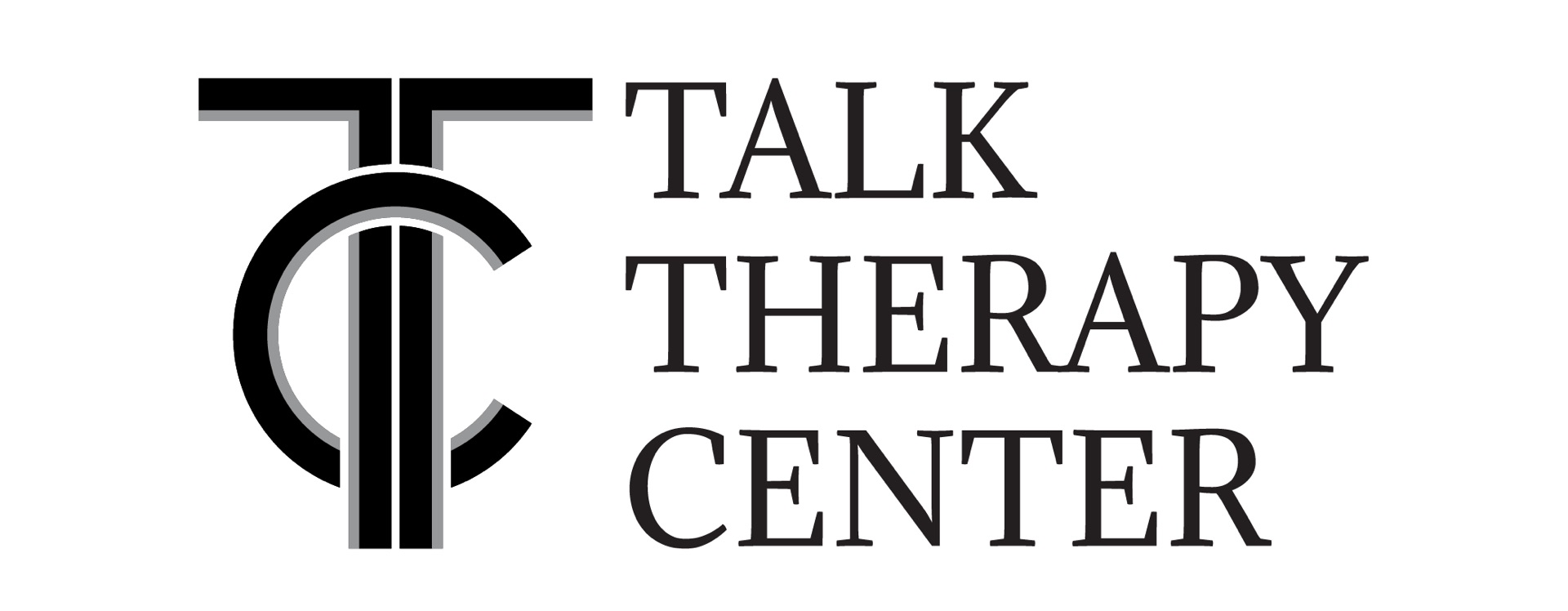Searching for a Therapist: Where do I Start?

Searching for a Therapist: Where Do I Start?
By Savannah Gonzalez, B.S.
Wanting to start therapy can be such a challenging step and knowing where to start can be intimidating. This daunting challenge can be overcome if you know where to start!
There are a few questions you should ask yourself before you get started to identify what kind of clinician would support you the best.
-Would you be the most comfortable with a male or female clinician, or is there no preference?
-Do you want in-person or telehealth services?
-Is there a treatment style preference?
-Do you need someone who specializes in treating a specific population?
-Will you be using your insurance benefits, or will you be paying for your services out of pocket?
These questions might seem super simple to answer for some, but others might not know what they need or want just yet, and that’s okay. Answering these questions might help you on your journey to narrow down the best clinician for you.
Where can I look to find a therapist?
Knowing where to look for a clinician is the next step!
Of course, anyone can do a google search of “therapists in my area,” but it might not be the most effective way to find someone that fits what you’re searching for. Listed below, you will find 4 different methods to search for a clinician.
1. Searching through an Online Database
The number one resource I use and direct others to is searching through an online database. There are three I am familiar with, and they are all extremely user-friendly. The first is psychologytoday.com and the second is therapyden.com and the last is goodtherapy.org. These websites work very similarly, so this information can be applied to all of them.
On these online databases, they typically start with asking you where you live (city and state or zip code) so they can find someone in your area. After pulling up the people in your area, these databases allow you to use drop-down boxes to get even more specific about the kind of therapist you are looking for. Here we can think about the questions we asked ourselves earlier about what we want in a therapist. This allows us to narrow the search down to find people who we think might meet our needs best. Sometimes, when you check off every box of what you want in a therapist, not that many people will pop up. Don’t let this discourage you! Sometimes, we need to have a little bit of flexibility in what we are looking for. It can be wise to uncheck the boxes that are the least important to you. Someone great might pop up that you didn’t even know you were looking for and could have missed by being too specific.
This is my favorite resource for two reasons. The first reason is that it is so easy to generate a list of therapists that meet your wants and needs in one localized place. The second reason is that there are pictures, bios, and sometimes even videos provided by the clinician so that you can get a better idea of who they are! It can be helpful to visualize the person you will potentially be talking to so you can see if you can picture them being someone you will feel comfortable with and can connect to. Being able to read a biography they provided can also be useful to get a better feel about who they are as a clinician other than just knowing their name and their specialties.
2. Consulting your Insurance Company
If you are using your insurance benefits for your therapy session, they are a great resource to use. There should be information on the back of your insurance card with the phone number to member services. When calling that number, you can speak to a member services representative to let them know you are seeking behavioral/mental health services and inquire about what benefits you have for those services.
Most of the time, the representative will ask if you would like a list of providers in your area that accept your insurance plan. If they don’t ask directly, don’t be shy to request the list yourself. They are there to help and should happily provide one!
Another option (if you are phone shy, like me and many others) is to go onto your insurance provider’s website. Googling your “insurance carrier’s name + provider search” should get you to the right place. There you can specify the area you live in and the services you are seeking. Most therapists are found under the “Behavioral Health” category. This online directory will have a list of clinicians in your area as well as their contact information. This list will rarely have
a picture and biography, but once you get in contact with the provider, you can ask if they have a website where you can learn a little more about them if you’d like.
3. Asking Someone You Trust
Asking a trusted friend or family member for resources they might know of can be a helpful option. They might currently see a clinician that works at a group practice that they respect. At Talk Therapy Center, we often get family members and friends referring each other here because of how much they enjoy working with us. They want others they know and love to have a similar experience.
Your friends and family members might have great recommendations of places and clinicians they enjoy, but please, take this recommendation with a grain of salt. Just because they are a great fit for your friend, doesn’t mean they will be a great fit for you! Keep in mind that we all have different preferences. Think about your favorite food. My favorite is Indian, specifically Paneer Tikka Masala. My best friend’s least favorite type of food is Indian because sometimes the spices are too overwhelming for her. I can recommend my favorite all day long, but to her, she won’t be able to see it in the same light. The same goes for recommendations about therapists. Maybe the recommendation your friend or family member is giving you works great for them, but doesn’t match the flavor profile you prefer—and that’s okay! You have to find what works for you.
4. Using Community Resources
Another great resource is to see what options the community might offer. Several local churches offer counseling services for free. Using your university or college’s Counseling Center is also a great free/low-cost, local resource.
Sometimes with these lower-cost centers, the therapy provided is often rendered by less experienced clinicians. This may include therapy conducted by a Pre-Licensed Clinician or a student. These clinicians are supervised by someone who is licensed, but they are still working on developing their skills and gaining knowledge about who they are as a therapist, too. They are still able to help you, but sometimes the skillset they do have might not be as developed as a Licensed clinician.
Life has so many unexpected ups and downs. Seeking the support of a professional can be so useful and vital for so many people. Whether you are struggling with anxiety from the
pandemic, PTSD from a car crash, or maybe just a life transition from one career path to another, there are so many reasons to seek extra support and guidance. Hopefully, the resources listed above will help you with your search.

